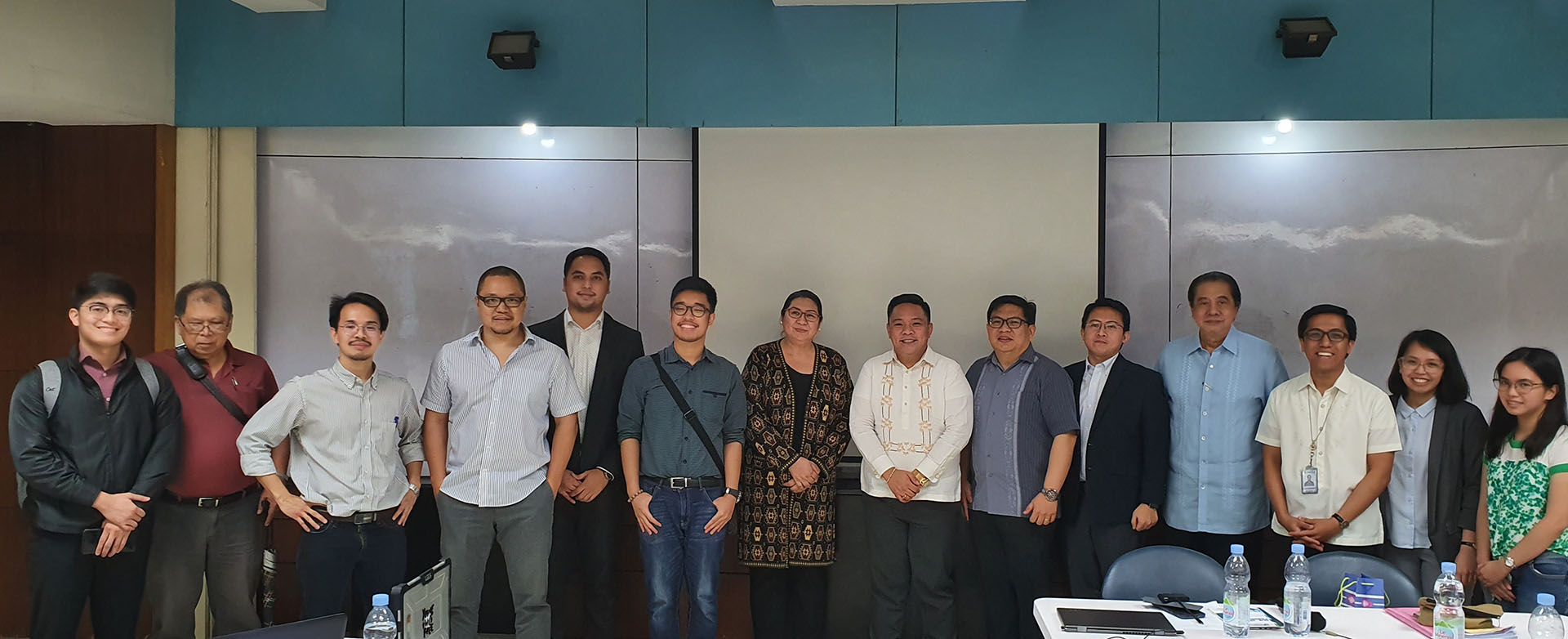Last January 28, 2019, Asia Pacific Pathways to Progress Foundation, Inc. hosted a roundtable discussion on the Philippines' bilateral and multilateral sources of Official Development Assistance (ODA) at the Institute for Small-Scale Industries, UP Diliman. The roundtable aimed to discuss issues surrounding ODA financing in the Philippines, including transparency, fiscal sustainability, and aid conditionalities, and how these affect the Duterte administration's Build, Build, Build infrastructure development program.
The two speakers for the roundtable were Director Neil Cabiles from the Department of Finance and Dr. Alvin Ang from Ateneo de Manila University, with the discussions and open forum moderated by Dr. Aaron Jed Rabena, Convenor of APPFI's Regional Integration and Connectivity Program.
Dr. Ang began the discussion by providing an overview of the Philippine's infrastructure development situation in the regional context, particularly ASEAN's connectivity agenda. He noted that the Philippines lagged behind other ASEAN countries, and consistently ranked low in Logistics Performance Index and Infrastructure Quality scores, which had negative effects for the Philippine economy, in particular the trade and tourism sectors. He argued that the main problems for infrastructure development in the Philippines were not so much the source of the funding, but the execution of the projects, such as issues of right of way, and low absorptive capacity affecting the speed at which these projects can be done.
Director Cabiles discussed the sources of ODA financing in the Philippines and the differences between the many funding partners that provide ODA to the Philippines. He also discussed select details of the ODA Act and the factors considered when selecting the partner and method of financing for infrastructure projects. Comparative advantage, technological capabilities, and favorable terms offered by the development partners, were among these considerations.
During the open forum, participants raised issues such as tied aid, concerns about falling into a debt trap, terms within aid agreements that are perceived to be onerous and benefiting the lending partner, and processes and mechanisms that the Department of Finance has as safeguards against excessive debt, unsustainable projects, and political pressure and interference.

